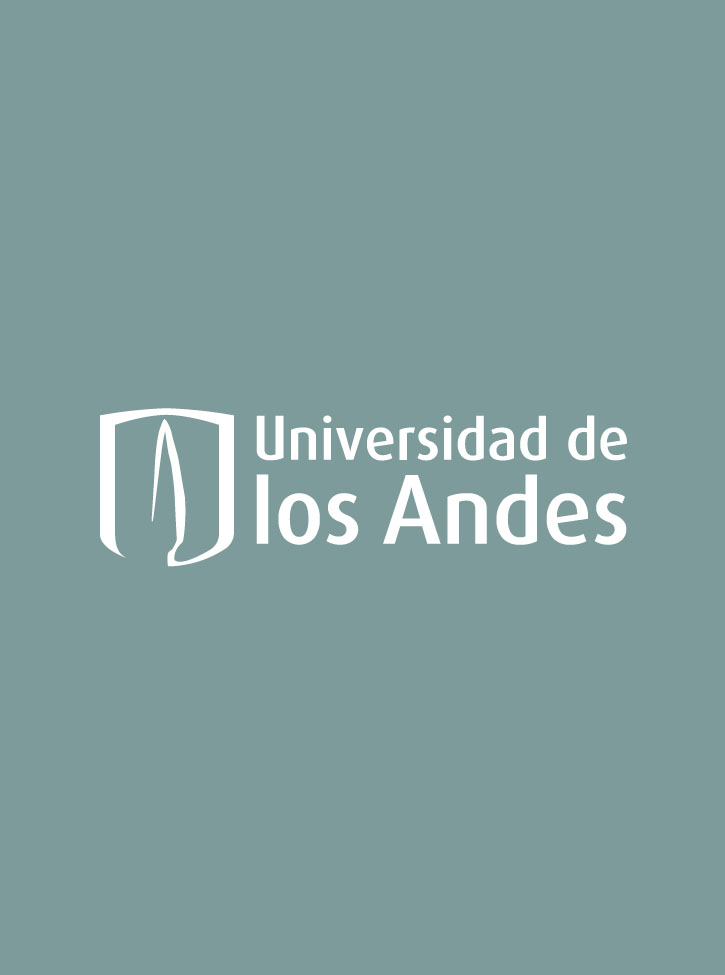El debate sobre la reforma a la Ley 30 de 1992 se inició en marzo de 2011 y el proyecto gubernamental, en sus diferentes versiones, no ha logrado un consenso que le permita darle un trámite exitoso en el Congreso de la República. Entre tanto, el movimiento estudiantil ha cobrado fuerza y capacidad de negociación hasta el punto de convencer al Gobierno de retirar el proyecto y resignarse, quizá, a que en el próximo se hagan mejor las cosas. Pero, la concentración del debate en la financiación de la universidad pública y en la existencia o no de instituciones de educación superior con ánimo de lucro han dejado en la penumbra de la discusión, los temas centrales: la calidad, la estructura del sistema, los fundamentos y alcances de la intervención del Estado, los desafíos para el futuro en materia de financiamiento, el rendimiento de cuentas y la identificación de los puntos críticos. Así, la Universidad de los Andes ofrece este libro para enriquecer el debate y poner en primer plano los puntos centrales que no han sido analizados y que la sociedad colombiana debe discutir, más allá de un interés por reducirlo a los puntos críticos de cada grupo involucrado o en beneficio del poder corporativo o de una determinada fuerza política en particular.
The debate on the reform of Law 30 of 1992 began in March 2011 and the government project, in its different versions, has not reached a consensus that allows it to be successfully processed in the Congress of the Republic. Meanwhile, the student movement has gained strength and negotiation capacity to the point of convincing the Government to withdraw the project and resign itself, perhaps, to doing better things next time. But, the concentration of the debate on the financing of the public university and on the existence or not of profit-making higher education institutions have left the central issues in the shadows of the discussion: quality, the structure of the system, the foundations and scope of State intervention, challenges for the future in terms of financing, accountability and the identification of critical points. Thus, the Universidad de los Andes offers this book to enrich the debate and bring to the fore the central points that have not been analyzed and that Colombian society should discuss, beyond an interest in reducing it to the critical points of each group involved. or for the benefit of corporate power or a particular political force in particular.



